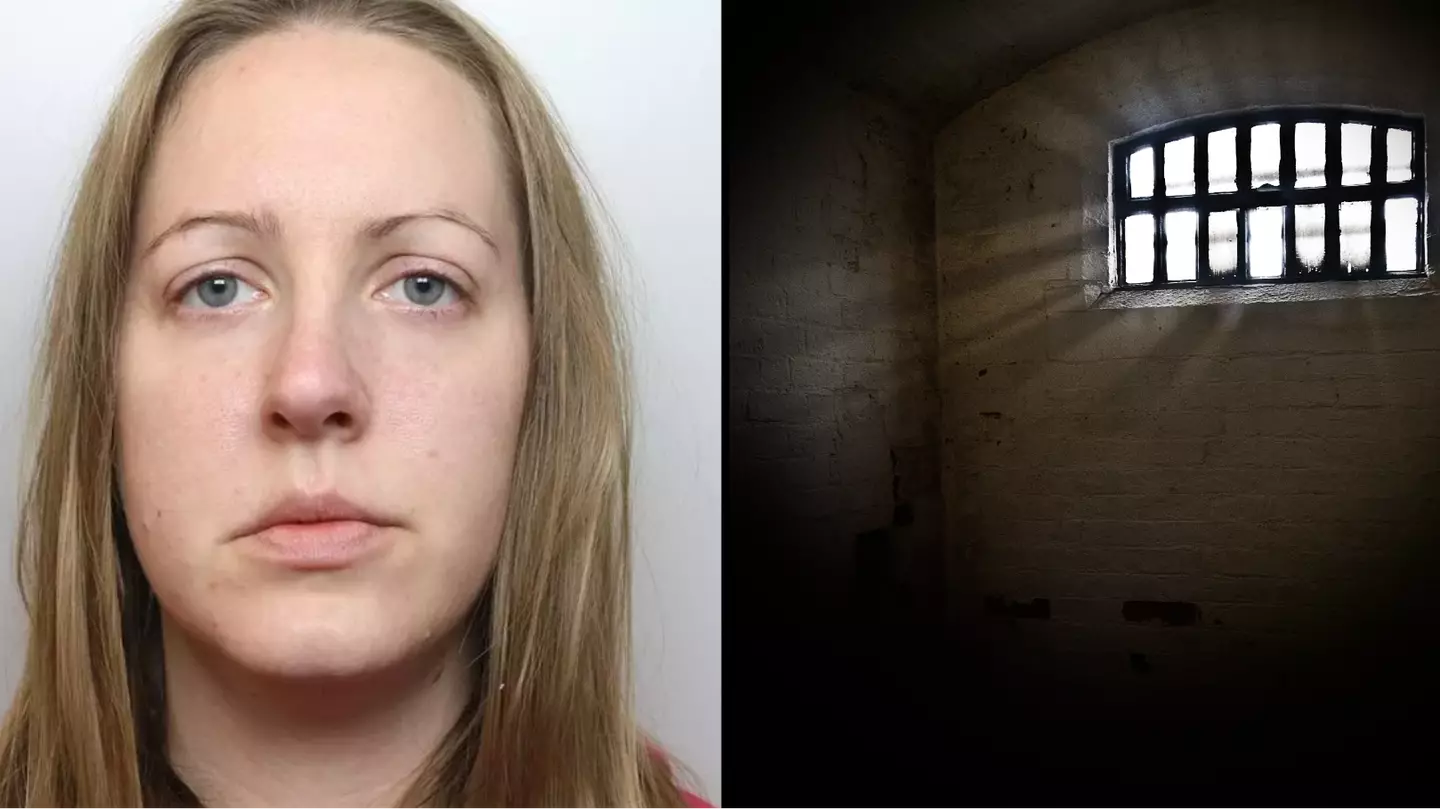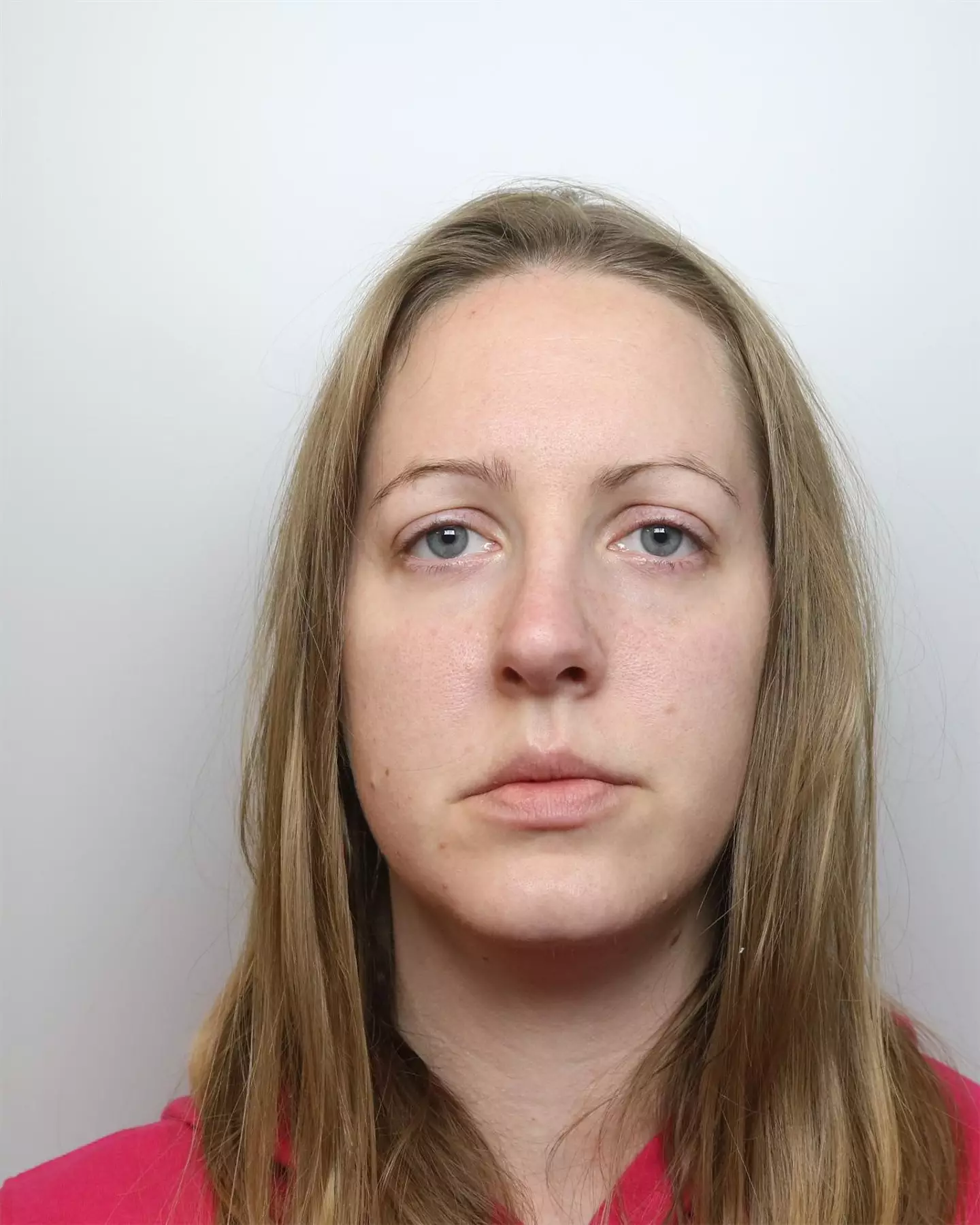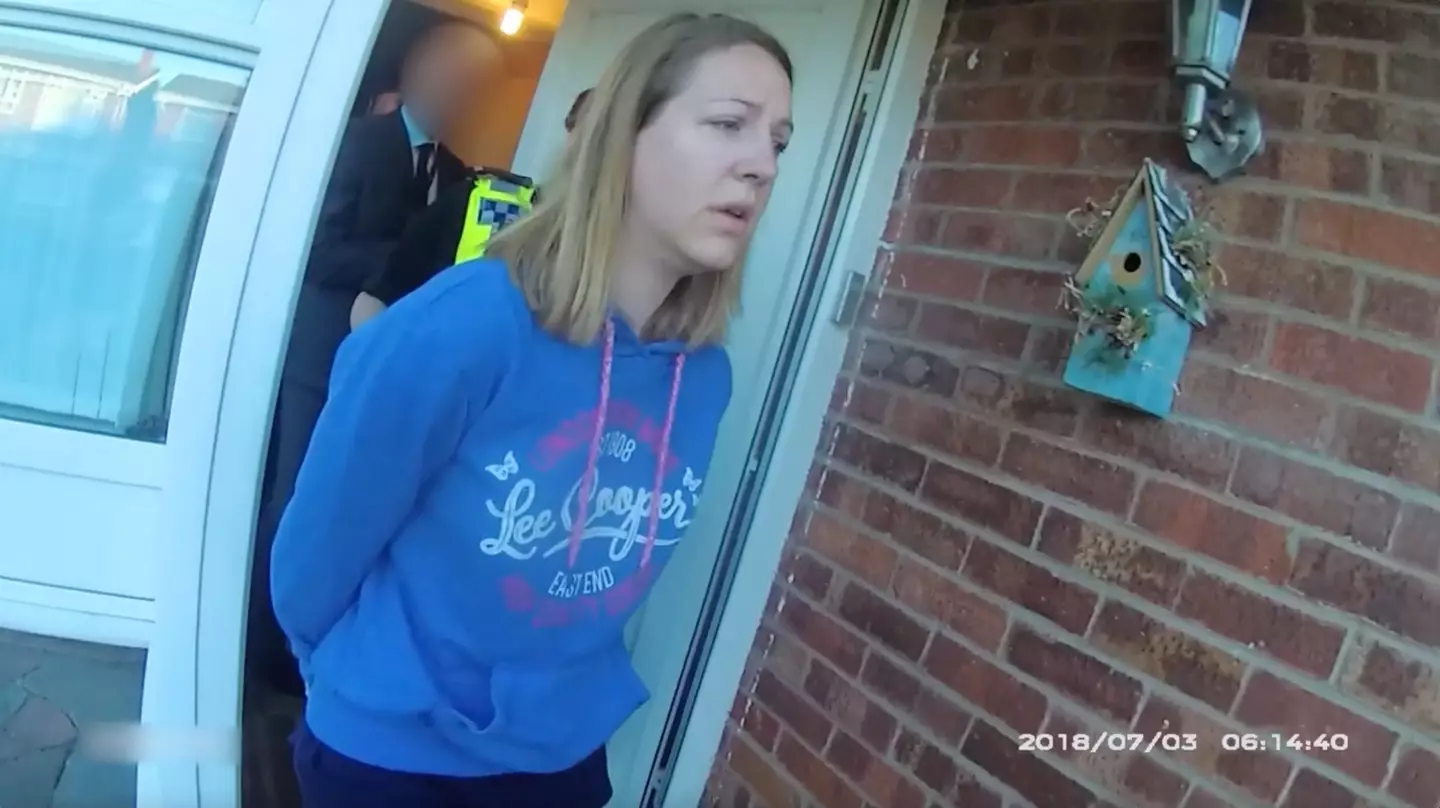
Former neonatal nurse and serial killer, Lucy Letby, has become only the fourth woman in UK history, and the third living, to be given a whole life order.
Letby, 33, was convicted of the murder of seven babies and the attempted murder of six. Today she was sentenced, and will die in prison.

The killer was given a 'whole life order'. This is the most severe sentence which can be imposed in a UK criminal court, and is different from a regular life sentence.
Advert
If you are found guilty of murder then you must be given a life sentence.
A 'life sentence' by itself does not necessarily mean you will spend the rest of your life in prison, and actual custody terms can vary depending on the severity of the offence.
The 'life' part of the sentence comes from the fact that you will spend the rest of your life on licence after your release.
This is different from a regular sentence where you would serve either half or two thirds of the sentence in custody and the remainder released on licence.
For example, if you are sentenced to five years, you would spend two and a half years in prison and then two and a half on licence, meaning that if you so much as steal a chocolate bar, you are returned to prison to serve the remainder of your sentence.
Advert
For a regular life sentence, that licence period is for the rest of your life.

A 'whole life order' means that you will spend the rest of your life in prison, with no possibility of release.
This is only reserved for the most serious crimes, and is rarely imposed.
The other three women who have received the sentence are child killer Myra Hindley - who died in 2002 - and serial killers Rose West and Joanna Dennehy.
Advert
That gives a very clear idea of the severity of Letby's crimes and the time required for this sentence.
Nicholas Johnson KC (prosecuting) stated that in the case of Lucy Letby there was a 'very, very clear case' for imposing a whole life order, as one of the most prolific child killers in modern British history.
Sentencing Letby, Mr Justice Goss said: “This was a cruel, calculated, and cynical campaign of child murder involving the smallest and most vulnerable of children, knowing that your actions were causing significant physical suffering and would cause untold mental suffering.
“There was a deep malevolence bordering on sadism in your actions.”
He concluded: "Lucy Letby, on each of the seven offences of murder and the six offences of attempted murder, I sentence you to imprisonment for life.
Advert
"Because the seriousness of your offences is exceptionally high, I direct that the early release provisions do not apply. The order of the court, therefore, is a whole-life order on each and every offence. And you will spend the rest of your life in prison."
Topics: Crime, News, UK News, Lucy Letby
